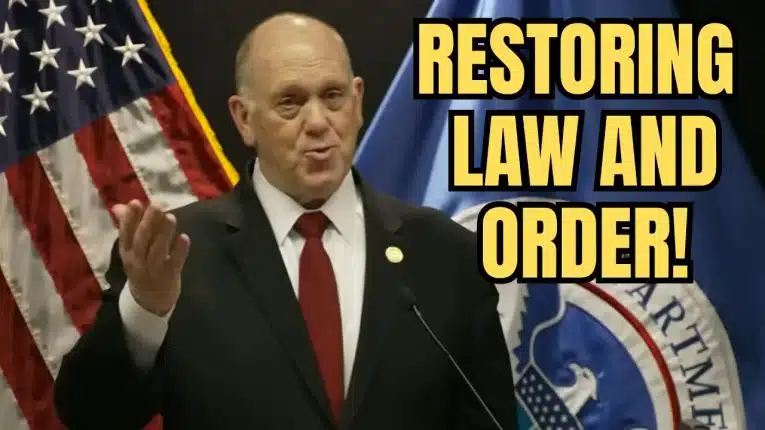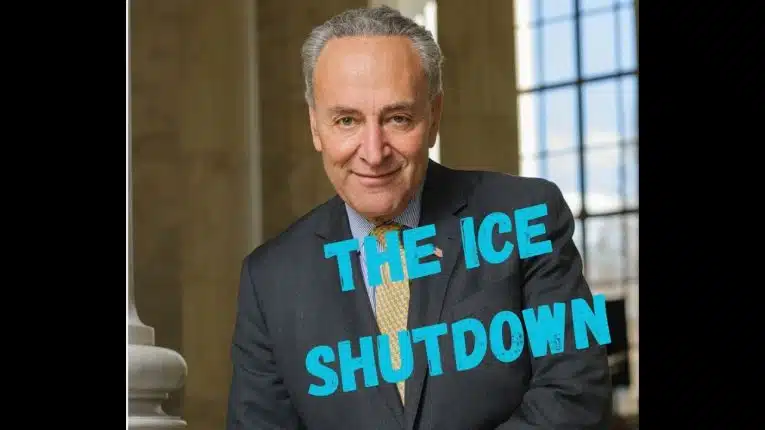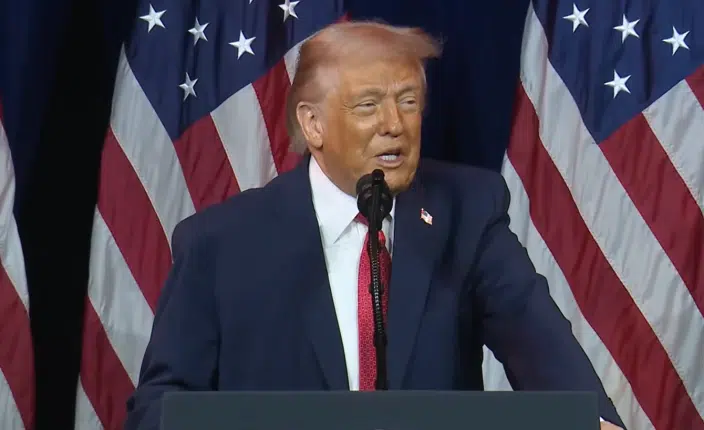By Bill Wilson – The U.S. has already defaulted on its debts. We’re just all politely pretending that we haven’t. But we have.
According to Pimco, last year, the Federal Reserve — a central bank printing press — bought 70 percent of Treasury debt. The year before, it bought 80 percent. Where did the money come from? Out of thin air.
This is the “pretended payment” on sovereign debt that economist Adam Smith warned against, which he wrote in The Wealth of Nations “has gradually enfeebled every state which has adopted it.” To him, increasing the money supply to pay the debt was substantively no different than a public bankruptcy.
So, while the Fed dresses up its actions as targeting unemployment or maintaining its balance sheet, the real reason for QE2 has been to prop up the U.S. Treasury from a catastrophic default, just as the European Central Bank (ECB) has been propping up Greece, Ireland, and Portugal.
And as the bank assures the American people it will not be engaging in QE3, its treasuries holdings will continue to rise from their current $1.5 trillion level after QE2 ends in June. It’s already the world’s largest lender to the U.S. government, more than China or Japan. So how can it become an even larger sovereign lender?
It still has $922 billion of mortgage-backed securities (MBS) left over from its $1.25 trillion bailout to financial institutions all over the world. It has been slowly selling them off, and replacing them with more treasuries purchases. So, we should continue to expect more of that over the next year. The Fed will continue monetizing the debt — i.e. printing money to pay principal and interest owed on the $14.3 trillion national debt.
But what about after that? Where will the Treasury borrow money from after the Fed exhausts its MBS holdings? By then, it will hold over $2.5 trillion of treasuries.
Will demand for treasuries have been restored by then? That certainly seems dependent on the economy turning around, but the indicators right now are really bad: unemployment remains persistently high at 9 percent, growth is anemic at 1.8 percent in the first quarter, and rising fuel, food, and other inflation is raising both producer and consumer prices.
All over the world, the situation has not been much better. The European Union (EU) is unraveling before our very eyes. As the situation in Greece continues to deteriorate, now the ECB President Jean-Claude Trichet has advocated “giving euro-area authorities a much deeper and authoritative say in the formation of the county’s economic policies”. He wants a new Finance Ministry — to run Greece, essentially.
In other words, because German and French banks own 57 percent ($922.9 billion) of the total $1.613 trillion of foreign exposure to Portuguese, Irish, Greek, and Spanish debt, those international banks should have a say in how troubled sovereigns like Greece and the others conduct their affairs.
These banks, including the ECB, cannot afford for Greece to default. They cannot even afford to take a haircut on these debt securities, as has been proposed in Ireland, Finland and elsewhere. They will go belly up if that happens.
So, the international banks are racing against time — to prop up Greece and the others, to contain the dominoes from falling.
This represents the end of sovereignty in the EU, and for the first time, the brazen rise of a new order that seeks to successfully supplant the nation-state. It is an order where the governed no longer have any role in the social contract. Instead, the new arrangement is between governments, and their lenders. And when the government can no longer honor its obligations, the lender steps into the role of the sovereign, which is exactly what is happening.
Such is the great unraveling we are living in. It has been seen here too in the U.S., where since 2008, the American people have been forced to accept over $2 trillion of bailouts, “stimulus,” and other interventions in an endless carousel of plunder from the public treasury.
Sadly, these developments do not portend well for the cause of liberty and limiting government. The people cry foul, and say no, but as with other tyrannies, they are without a voice. They were coerced into propping up the failed financial institutions, which are now larger and more powerful than ever.
Such is the price of the bailouts, the price of monetizing the debt: The loss of independence. When the Treasury reaches the true limit of borrowing, when the debt is so large that it cannot be refinanced let alone be repaid, it will turn to confiscating the wealth of citizens.
And it must be said: We’d be better off publicly defaulting than losing our liberty to faceless institutions that possess the ability to take everything away from us.
Bill Wilson is the President of Americans for Limited Government. You can follow Bill on Twitter at @BillWilsonALG.






